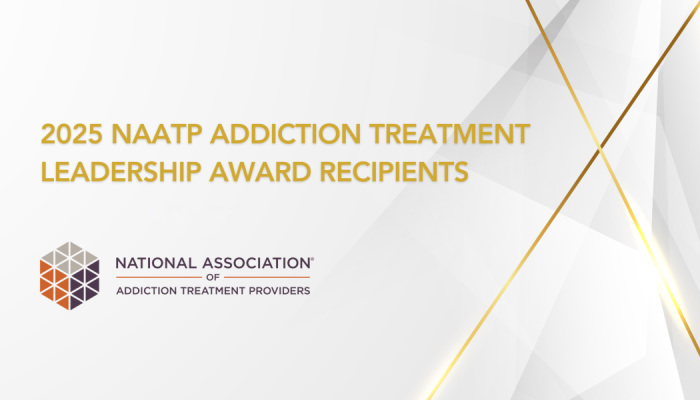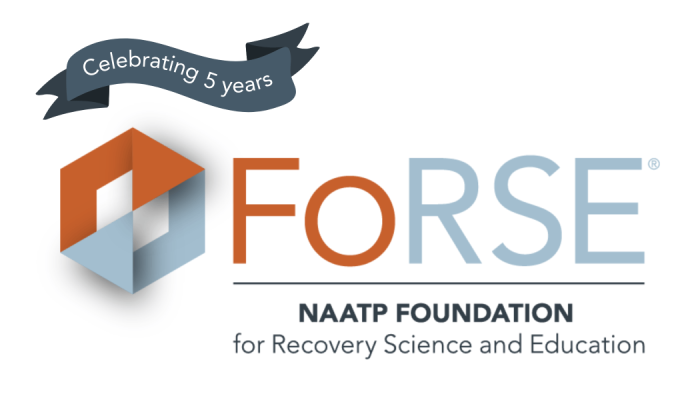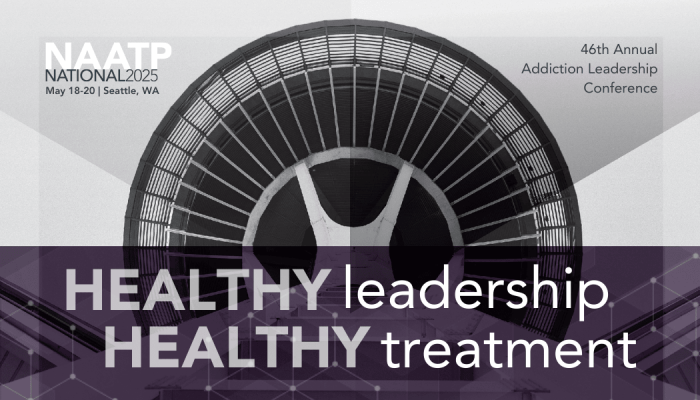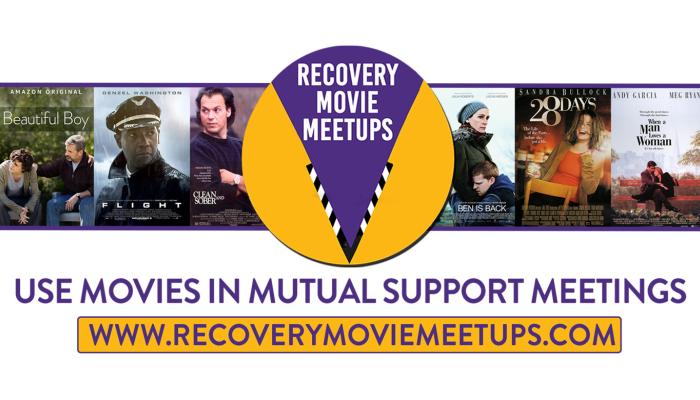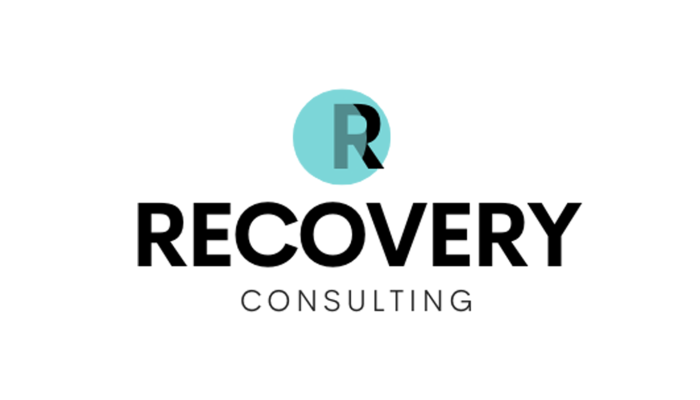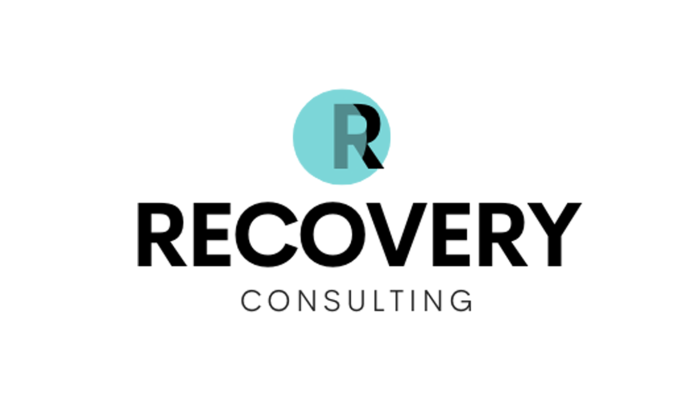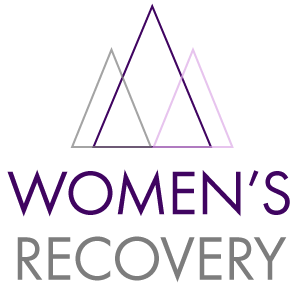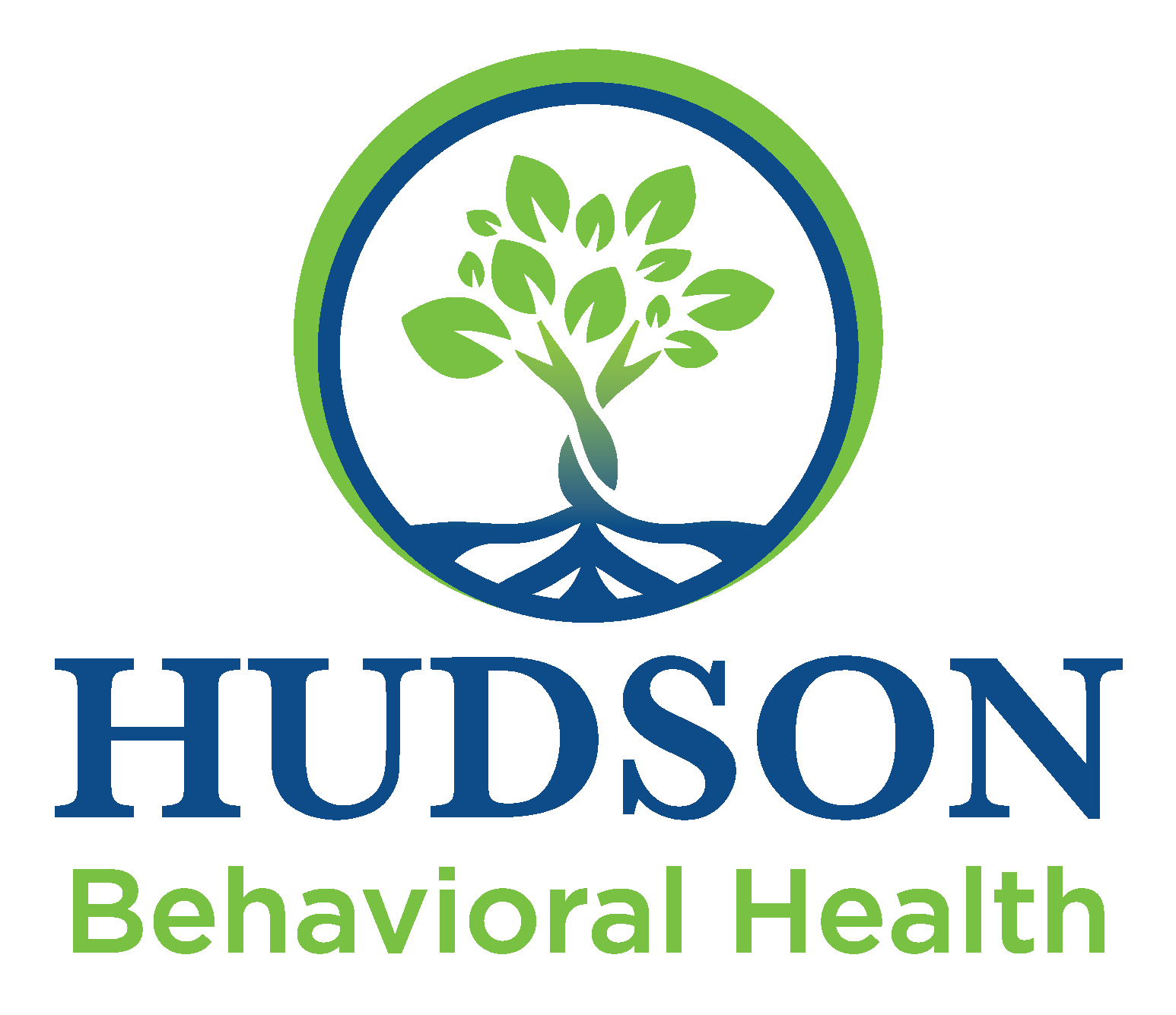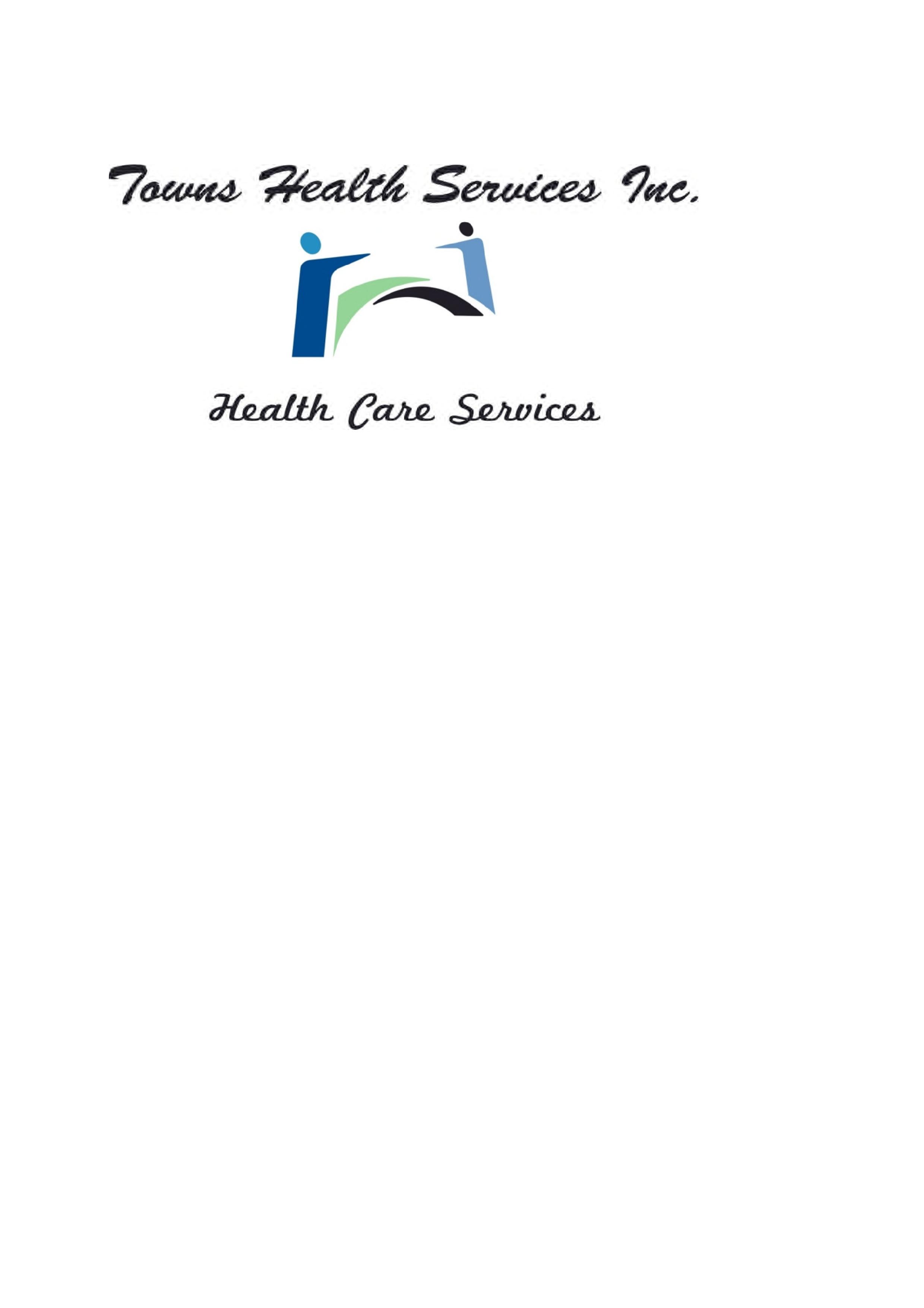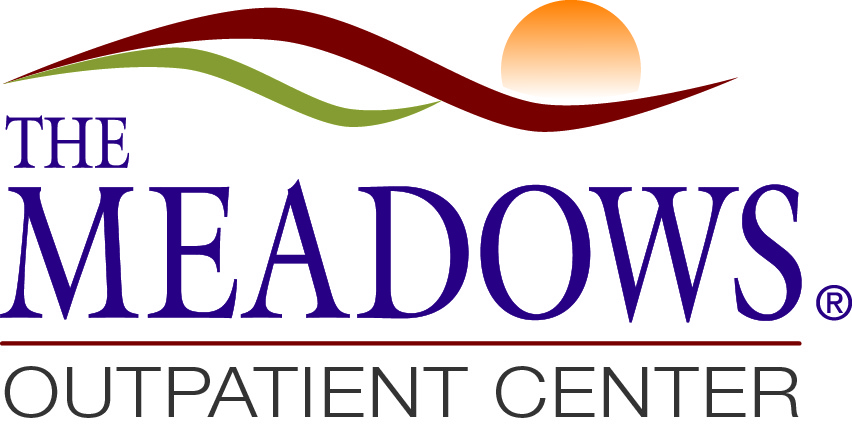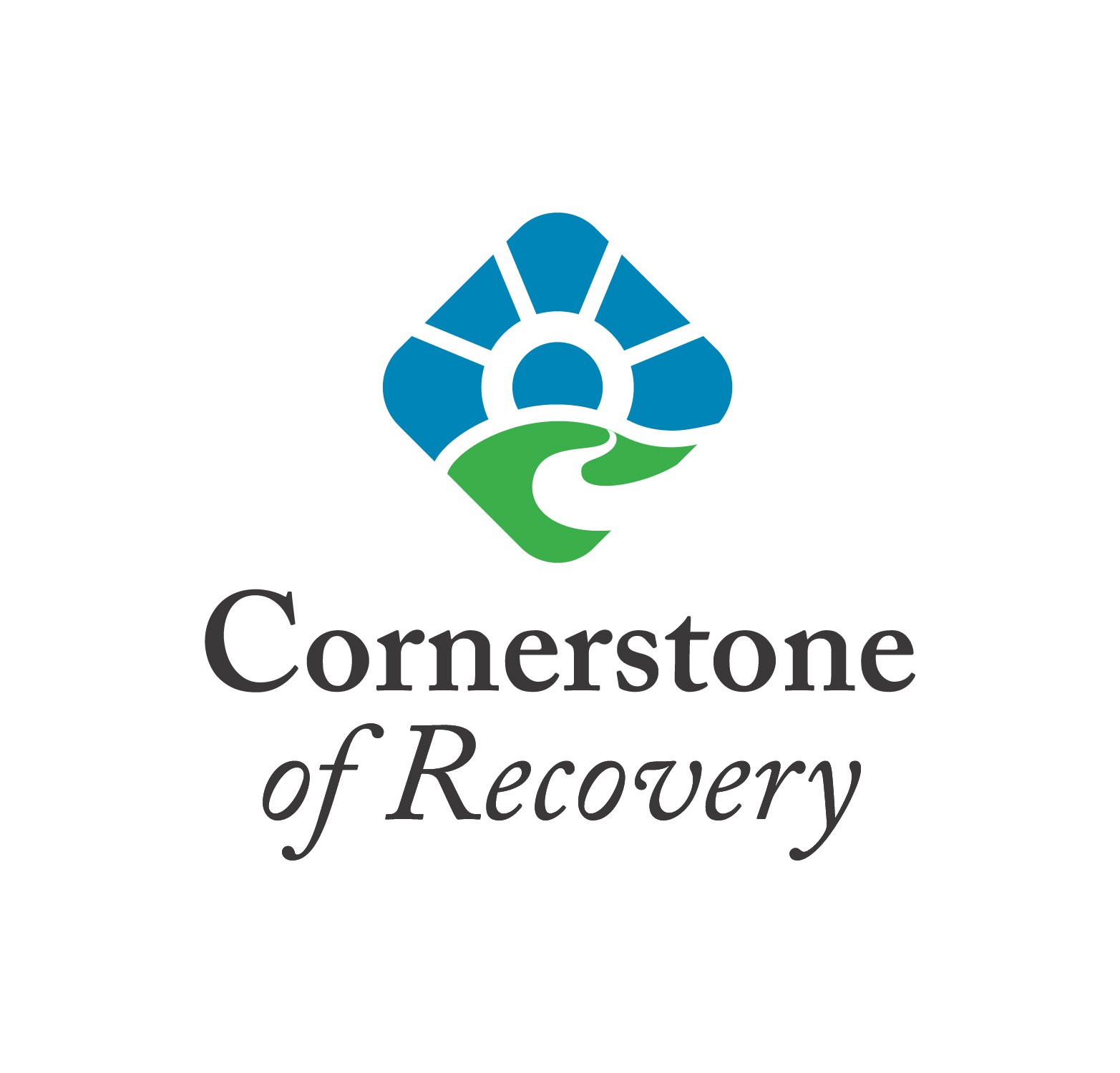Aug 30, 2021
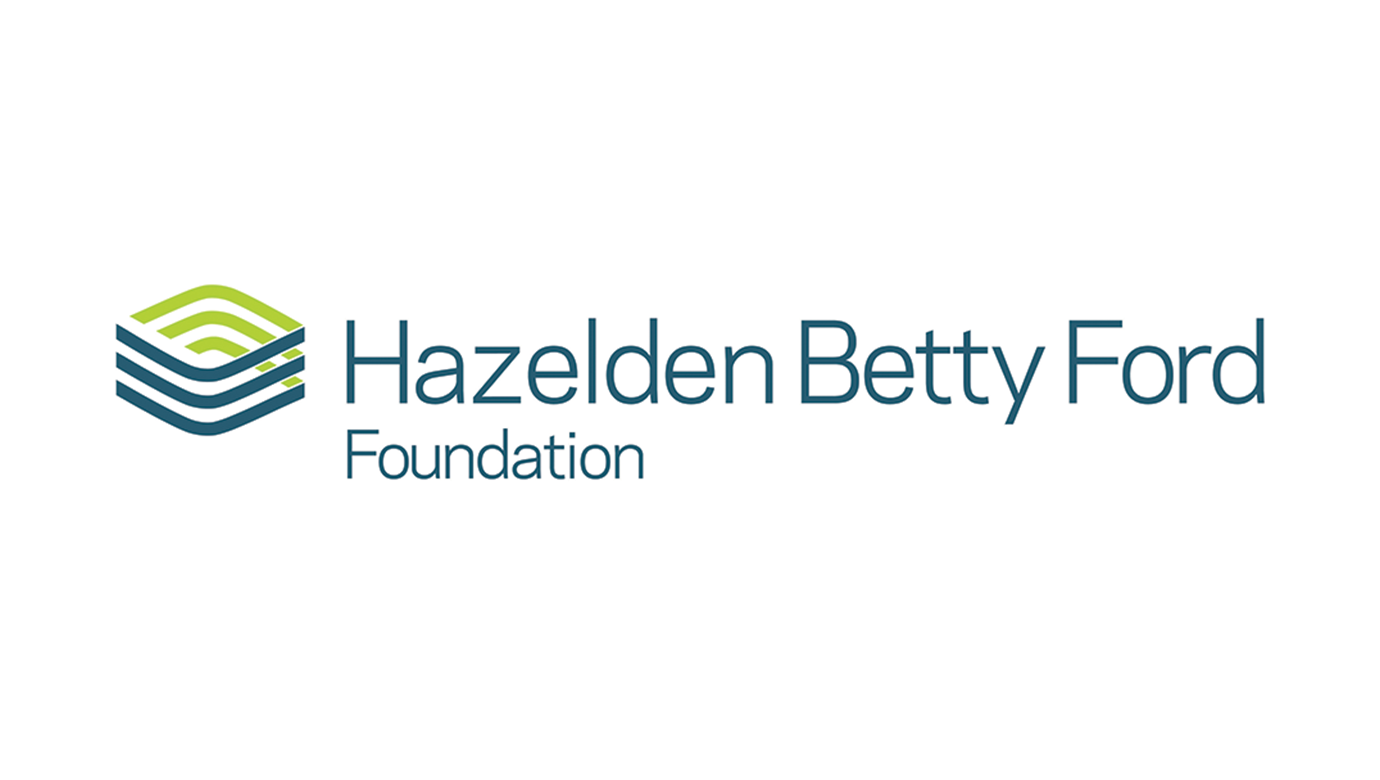
Behavioral Healthcare Executive
By: Tom Valentino, Senior Editor
As infections begin to surge across the United States once again, FDA’s full approval of the Pfizer-BioNTech COVID-19 vaccine earlier this week has been viewed by many as a potential impetus for employers to move forward with vaccination mandates for staff.
For the Hazelden Betty Ford Foundation, however, that decision was made months ago. Sensing that full FDA approval “was inevitable,” but unclear on when exactly it might happen, the company moved forward with a COVID-19 vaccination requirement for its staff in May.
“We care about our mission, and we know our [patients] need extra help,” Hazelden Betty Ford president and CEO Joseph Lee, MD, tells BHE. “I want them to feel safe accessing treatment.”
Hazelden’s leadership team began discussing the possibility of mandating vaccines for staff members as early as March, but decided to wait until the vaccines were more widely available, Lee says. The company set a vaccination deadline for staff in July, and as of last week, 88.3% of the company’s 1,500 employees had been vaccinated. About 10% were granted exemptions for either medical or religious reasons, or full-time remote status. The company is working to make accommodations for employees who are exempt from the vaccination to allow them to continue to work with minimal risk.
The remaining 1.7% of staff members includes some who have been vaccinated, but have yet to submit documentation to the organization. All told, less than 20 employees across the company remain unaccounted for, Lee says.
The decision to require COVID-19 vaccinations for staff members came down to several considerations. Data shows that individuals with substance use disorders are more likely to contract COVID. Within that population, people of color are even more disproportionately affected, a factor Lee says resonated within Hazelden Betty Ford, which has made a point of prioritizing diversity, equity and inclusion.
“If we are going to stay true to our mission of being a healthcare entity, this was the way we needed to go,” Lee says. “It’s not political. It was meant for safety. We also knew from last year that … we were in the back of the line for testing and masks. I didn’t want that to happen to us. We rolled it out with the right spirit. That’s the key.”
In January, National Association of Addiction Treatment Providers CEO Marvin Ventrell described vaccination as “an ethical imperative” for addiction treatment providers. Annie Peters, PhD, LP, NAATP director of research and education, says that most of NAATP’s board members have since said they planned to “encourage vaccination strongly” with a few intending to require it (while also allowing for medical/religious exemptions).
“Others were hesitant to mandate vaccinations but were coming as close to that as they could – e.g. modeling leadership vaccinations, holding recurrent education events discussing benefits of vaccination far outweighing risks, providing financial incentives for vaccination, etc.,” Peters wrote in an email to BHE.
Hazelden Betty Ford has used contingency management strategies to increase vaccination rates among both its staff and patients. Employees who have submitted vaccination documentation have been eligible for prize drawings and other rewards, while patients who have shown proof of vaccination are subject to fewer restrictions on campus. Although Hazelden Betty Ford has set up vaccination clinics on site for patients and has partnered with local health organizations to provide additional vaccination opportunities, patients are not required to be vaccinated.
Given its history of providing outcomes and value-based healthcare data, Lee says payers have viewed Hazelden’s decision to mandate COVID vaccinations for staff members more as an expectation than a novel approach.
“We already have that great relationship, and I think they just expect things like this from us, that when patients come to us, we’ve gone the extra mile to make them safe, too,” Lee says.
Meanwhile, although Hazelden Betty Ford’s practices have generated interest from other providers in the past—the company trains other major health systems on its COR-12 model for implementing medication-assisted treatment—Lee says he hasn’t received many inquiries from fellow executives about the vaccine mandate. He hopes his company’s decision shows others it is feasible, though, and that strong internal communication and healthy, respectful dialogue (including with those declining the vaccine) are critical components for obtaining buy-in.
“There are practical realities of larger health systems that may make it harder,” Lee says. “But an organization of our size, we’re a national organization and we can do it. Other people can do it. We’re not saying this is the only way to do it, but we are saying, ‘Here’s a roadmap and how we’ve been successful.’ We have had a share of staff and patients getting infected, and we’ve learned from those things, and we’ve had a strong ‘why.’ Our ‘why’ is missional.
“We did it in a positive way to make people feel good about their participation, even if they are going through the declination process, being as respectful as possible and making accommodations. Meeting people where they’re at and using contingency management…These are things we use in treatment. We just used them to do this.”
For the full article: https://www.hmpgloballearningnetwork.com/site/bhe/news/hazelden-betty-ford-nears-90-staff-vaccination-rate-after-mandate




